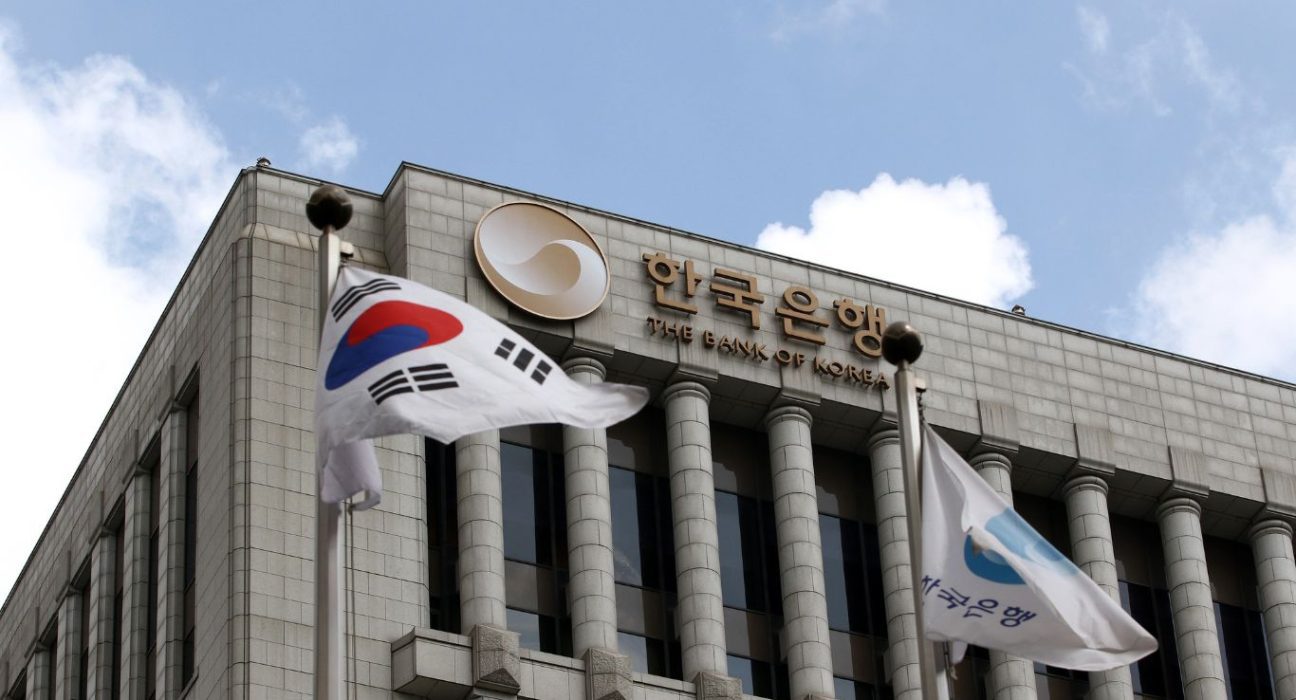South Korea’s central bank, the Bank of Korea (BOK), issued a warning regarding the potential pressure on the country’s currency if there is an early shift in its monetary policy stance. The BOK stressed the importance of addressing several key issues, including uncertain inflation, accumulated financial imbalances, and credit risks associated with the real estate market. In its quarterly monetary policy report submitted to parliament, the central bank expressed concerns about additional rate hikes by the U.S. Federal Reserve and how they could exacerbate downward pressure on the local currency.
Considerations Before Changes to Monetary Policy
Before making any changes to its monetary policy, the Bank of Korea highlighted the need to carefully consider various factors. Uncertain inflation poses a challenge, as it makes it difficult to determine the appropriate course of action. Financial imbalances that have accumulated over time also require attention to maintain stability in the economy. Furthermore, credit risks related to the real estate market must be properly addressed to mitigate potential negative impacts on the financial system. By acknowledging these factors, the central bank aims to make informed decisions that support the country’s economic well-being.
Importance of Cautious Approach
Given the potential risks associated with an early shift in monetary policy, the Bank of Korea emphasized the importance of a cautious approach. The central bank recently maintained its interest rates for the third consecutive meeting, following a series of rate increases over the past 1-1/2 years until January. However, the BOK also indicated that further tightening may be necessary in the future. The bank’s stance reflects its careful evaluation of the economic landscape, as well as its commitment to addressing the challenges posed by inflation, financial imbalances, and real estate credit risks.
Implications of U.S. Federal Reserve Actions
The Bank of Korea’s monetary policy report underlined the potential impact of additional rate hikes by the U.S. Federal Reserve. Such actions can significantly affect global financial markets, including South Korea’s. In particular, if the U.S. Federal Reserve proceeds with rate hikes while South Korea maintains a stable monetary policy stance, it could create downward pressure on the Korean currency. This underscores the importance of synchronizing policy actions and considering the broader global economic context to manage any adverse consequences.
Evaluating Inflation Uncertainties
Uncertain inflation remains a significant concern for the Bank of Korea. The central bank must consider the impact of inflation on the country’s monetary policy decisions. Fluctuating inflation rates make it challenging to gauge the appropriate level of interest rates and other policy measures. By monitoring inflation uncertainties closely and assessing their potential consequences, the central bank aims to strike a balance between managing inflationary pressures and supporting economic growth.
Addressing Financial Imbalances
Financial imbalances have accumulated over time and represent a significant challenge for the Bank of Korea. These imbalances can disrupt the stability of the financial system and hinder long-term economic growth. To address this issue, the central bank must carefully evaluate the risks associated with these imbalances and implement appropriate measures to mitigate them. By maintaining a vigilant approach to financial imbalances, the Bank of Korea aims to safeguard the overall health of the country’s economy.
Tackling Real Estate Credit Risks
Credit risks related to the real estate market are another crucial aspect that the Bank of Korea seeks to address. The central bank recognizes the potential dangers that excessive credit in the real estate sector can pose to financial stability. It is essential to closely monitor and manage these risks to prevent any adverse impact on the broader economy. By implementing prudent lending practices and regulations, the central bank aims to mitigate real estate credit risks and maintain a sustainable financial environment.
In conclusion, the Bank of Korea has warned about the potential risks to South Korea’s local currency if there is an early shift in its monetary policy stance. Factors such as uncertain inflation, accumulated financial imbalances, and credit risks associated with the real estate market need to be carefully considered before making any changes to the policy. The impact of additional rate hikes by the U.S. Federal Reserve also adds to the challenges faced by South Korea’s monetary policy. By adopting a cautious approach and evaluating these factors, the Bank of Korea aims to navigate the complexities of the economic landscape effectively.










